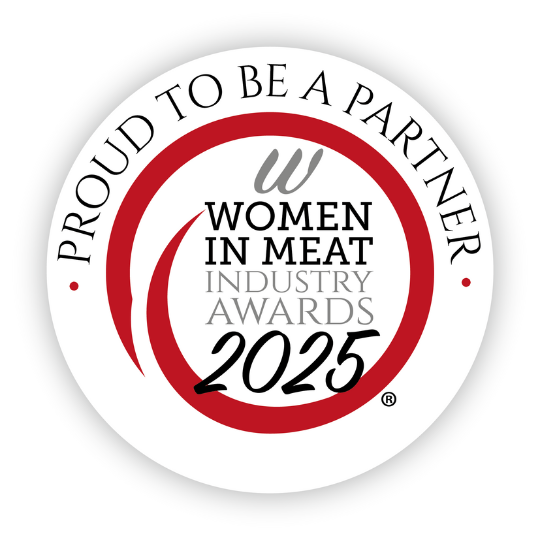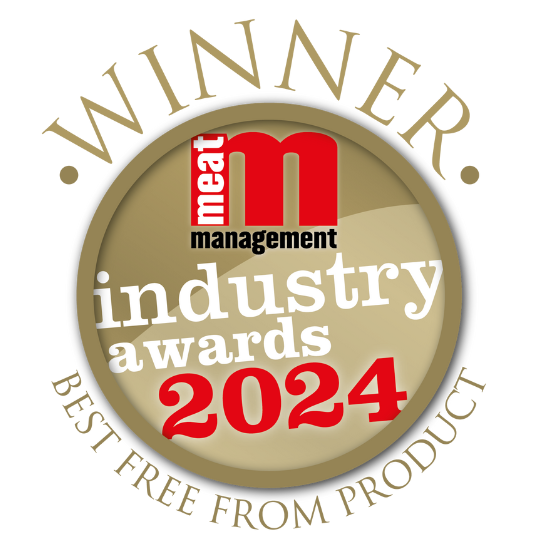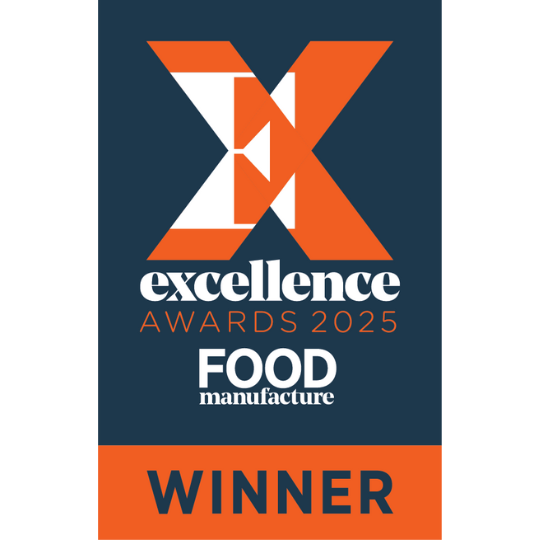SAFETY FIRST. QUALITY ALWAYS. INNOVATING FOR THE FUTURE.
Sheep producers supply animals for slaughter for human consumption. Therefore, as food producers, they have an important role to play in presenting clean sheep for slaughter.
The 5 Category System classifies sheep cleanliness as the following:
category 1 - clean & dry
Sheep with a clean, dry fleece can be slaughtered without any unacceptable risk of contaminating the meat during the carcass dressing process.
category 2 - slightly dirty
Sheep in this category will be accepted for slaughter without any additional measures during the slaughter process. Dry/damp light contamination with small amounts of loose straw/bedding.
category 3 - dirty
Sheep in this category with moderate soiling of fleeces can only be slaughtered, without an unacceptable risk of contamination of the meat during the slaughter process, by putting in place additional interventions including extra defined dressing controls and online clipping.
category 4 - very dirty
Sheep in this category will be rejected for slaughter except in circumstances which are exceptional, e.g. animal welfare grounds, disease control reasons. Dry/damp Significant contamination with dirt/dung and/or significant amounts of loosely adherent straw/bedding.
category 5 - filthy & wet
Sheep with wet, heavily contaminated fleeces are unfit for slaughter and will be rejected from slaughter. These sheep must not be presented for ante-mortem in this condition and it is the responsibility of the Food Business Operator to take the required remedial action. These sheep may be rejected at intake or held overnight at added cost. Very wet, very heavily contaminated with dirt, bedding or dung.
Did you know?
- Farmers, hauliers and processors all have a role to play in reducing the risk of food contamination following the transport of livestock.
- Good hygiene during sheep transport is important to food safety. Cleanliness of the transport vehicle is important to avoid cross-contamination from previous loads and/or from chemical cleaning agents.
- Unsuitable conditions during transport may result in lambs being downgraded in the factory to a lower cleanliness category and costing the farmer money.
- Harmful bacteria such as E. coli 0157, Salmonella and Campylobacter can live in sheep faecal matter. If contamination goes unnoticed it can cause severe, even fatal disease in humans.
- Ensuring sheep are clean & dry at slaughter minimises the potential risk to human health, contributes to the safe production of meat, and improves the shelf life of the product.
Key Messages
- Harmful bacteria on the fleece can be easily transferred to the carcase.
- Harmful bacteria can spread from dirty bedding.
- Harmful bacteria can survive and spread in a dirty environment.
- Keep sheep dry and clean at housing and transport.
- Liaise with processor about delivery times to avoid unnecessary long times for sheep in transport vehicles.
- Harmful bacteria found on dirty fleeces such as Clostridium estertheticum and Clostridium gasigenes can be easily transferred to the carcase. These bacteria can easily cause food spoilage costing millions of pounds.
Top tips for finishing lambs
- Sheep fleece cleanliness is notably affected by diet, housing, flock health and weather conditions.
- Grass finished lambs are generally the cleanest, however wet weather and muddy fields can lead to dirty fleeces.
- Plan appropriate parasite controls. Take care to comply with Anthelmintic withdrawal periods to avoid scouring and dirty back ends.
- Provide hay adlib when sheep are grazing on lush grass during prolonged wet weather.
- Avoid sudden changes to diet. Changes should be gradual to avoid scouring.
- House on straw bedding /clean slats 24hrs prior to slaughter. Clean fresh water should be readily available.
Transport Tips
- Crutch/dag dirty lambs prior to transport. Sheep should ideally by clean and dry.
- Poor transport conditions may result in clean animals becoming contaminated. Vehicles should be well ventilated and roofed where possible.
- Ensure vehicle is clean, dry and disinfected before loaded. Avoid unnecessary mixing of groups.
- Use absorbent materials on the floor such as straw, shavings or saw dust.
- Where decks are in use, make sure urine/faeces from higher decks do not soil sheep on lower decks.
- Ensure vehicles comply with relevant road safety laws, permissible weight limits & stocking densities.







